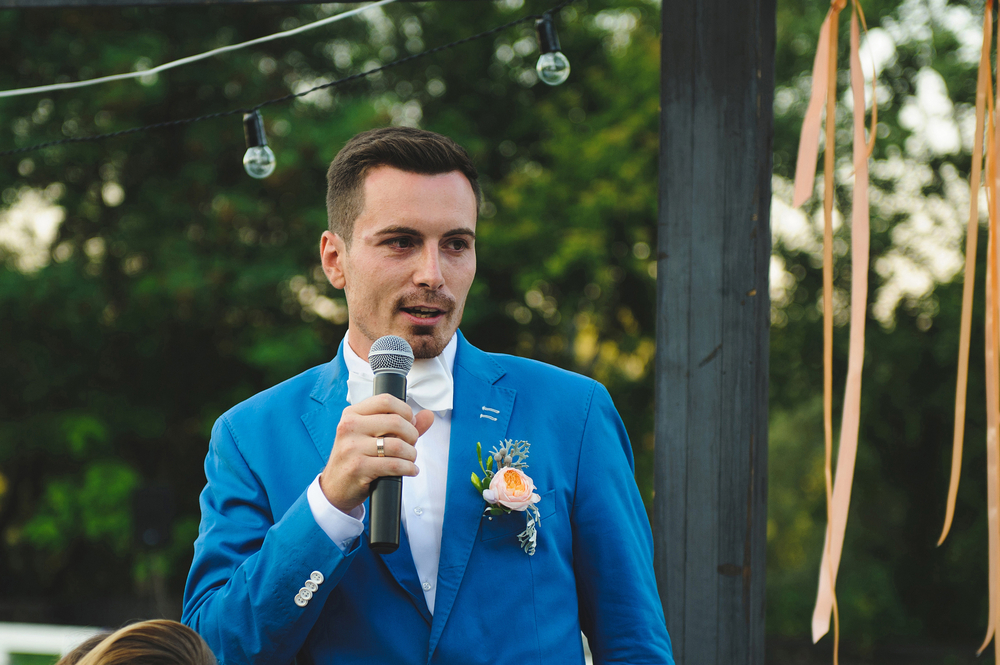
Weddings and receptions can take inspiration from various sources, including cultural traditions, literary influences, and popular media. One custom that transcends boundaries is the wedding speech. Usually offered at receptions, a close friend or family member of the newlyweds is expected to say a few words. This is especially true for parents, best men, maids of honor, and other special people. Whether you’re a naturally gifted speaker or someone who struggles with speeches, consider these tips:
1. Make a Plan
There are very few people who can give a great speech off the top of their heads. A professional emcee may be able to do so, but unless that’s your job, you’re probably a loved one to the newly married couple. Your speech is an important part of the day’s events, and you want your loved ones to fondly recollect what you have to say. Plan your speech well in advance. This gives you time to refine what you want to say and solicit feedback, if necessary.
2. Start With Gratitude
You’ve probably seen an award show where the winner or guest of honor starts by thanking the people that helped them. You’re not accepting an award, but gratitude for the people that made the day a reality is a great place to start. This should include the newlyweds (especially the person that asked you to speak), parents, and other “very important people” as appropriate. Showing appreciation also gives you a place to start and get over your nerves.
3. Focus on the Couple In Your Speech
Your connection to one or both of the newlyweds is important, as it explains why you’ve got something to say. Your relationship can provide good fodder for a speech, but remember, the day is all about the newlyweds. You and the bride or groom may go way back, but the focus should be on the new union. If you don’t know the other person very well, you’ve got time to get to know more about them.
4. Mind the Time
There’s a good chance you won’t be the only person making a speech, so it’s important to mind the time. The ideal length for your speech should be around two to three minutes. Longer speeches may bore listeners and, worse, infringe upon other activities at the wedding or reception. Focus on the main point of what you intend to say and keep it short and sweet.
5. Joke Responsibly In Your Speech
Humor is in the ear of the listener. While most people can appreciate a funny speech, be mindful of jokes that may not land well with the couple or other guests. What you and a sibling or close friend consider hilarious may not be true with someone from a different generation or background. Good-natured ribbing can easily become teasing or bullying if you’re not careful.
6. Put It in Writing
It’s generally better to write your speech instead of attempting to memorize it. In the heat of the moment, your nerves may cause you to forget what you were going to say. Sometimes reading a speech can look awkward, but it’s better than rambling, especially if you’re drawing a blank. At the very least, write down your main points.
7. Practice Your Speech
Even the best speakers rehearse their speeches. The more you practice giving your speech, the more prepared and comfortable you’ll be. Rehearse your speech as if you’re giving it on the big day. Record yourself, so you can review areas for improvement, including the way you stand and over-reliance on filler words such as “um” and “like.”
Wedding speeches are a time-honored tradition of nuptials, including Canadian ones. If you’ve been asked to say a few words, consider these tips for crafting and delivering something special for your favorite newlyweds. You may not be able to buy the most expensive gift on the registry, but you can deliver a nice speech from the heart.


